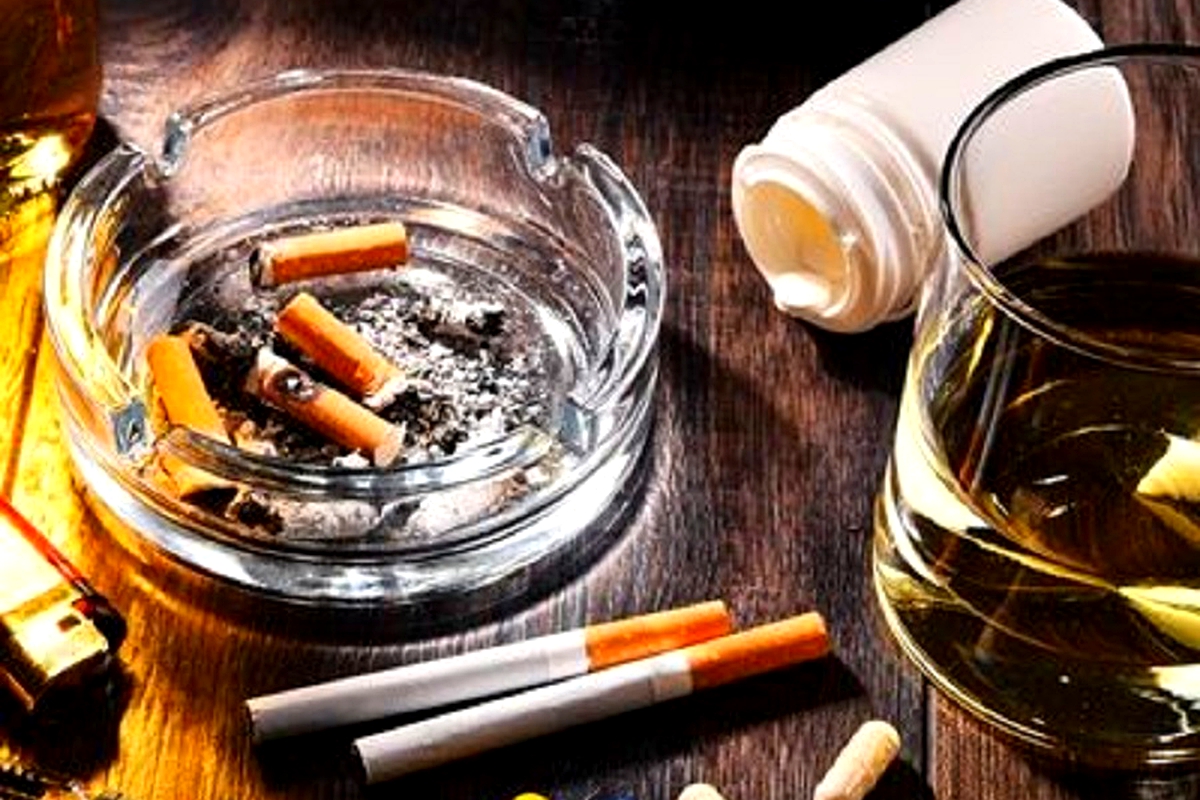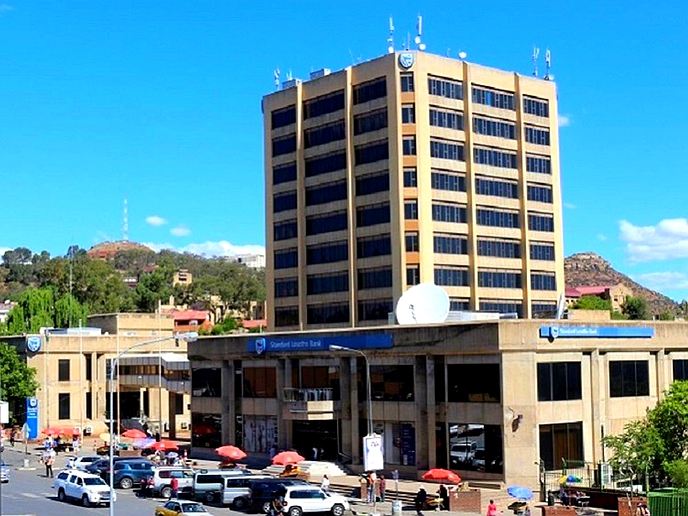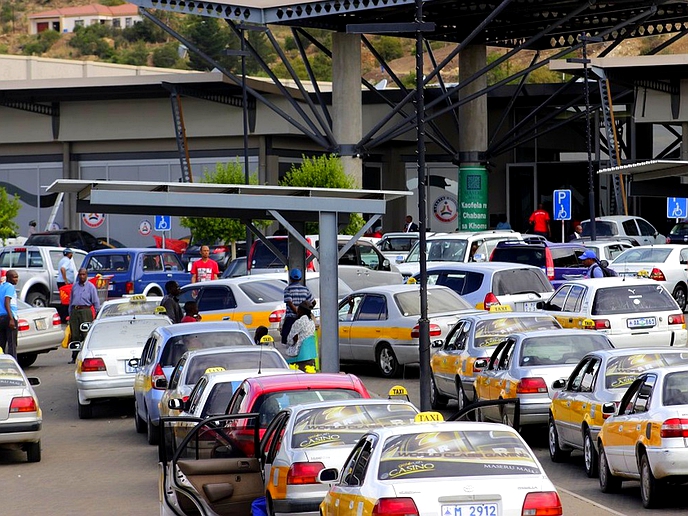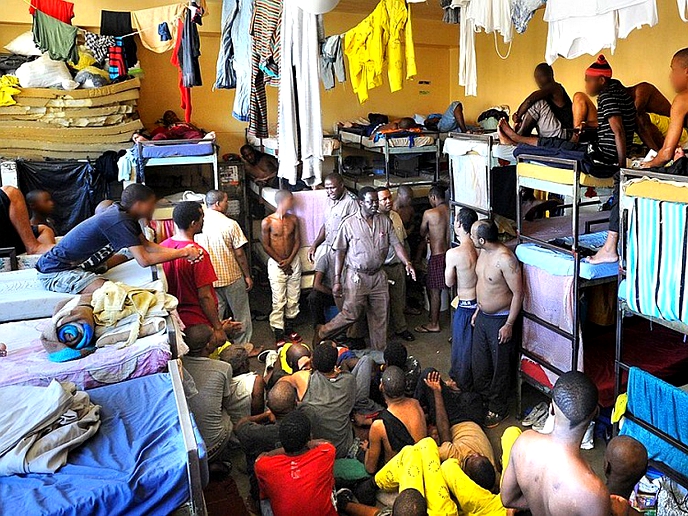IN spite of a wide ranging outcry from producers down to the consumers of the alcoholic and tobacco products, the Anti-Drug Abuse Association of Lesotho (ADAAL) has heaped praises on the government’s decision to have finally introduced the Alcohol and Tobacco Act of 2023.
business
March 15, 2023
NEO SENOKO
3 min read
Anti-drug body applauds tobacco, alcohol levy

The price of alcoholic and tobacco products rises
Story highlights
The levy among others seeks to control the consumption of these products while also contributing towards improved revenue collections for developmental products.
The tobacco and alcohol products tax is imposed on tobacco or alcohol products at all stages of the business cycle.
This levy is charged on the fair market value of the products.
Effective March 1, consumers were forced to pay more in order to enjoy the consumption of these two products.
“The alcohol levy is one of the strategies for controlled alcohol consumption, which is contained in the draft alcohol policy that was first drafted in 2013. ADAAL has walked the journey since 2010 when the 2007 Alcohol Policy was repealed because it lacked the public health component, which is what ADAAL and other civil society organisations have been supporting the Ministry of Health as the custodian of the policy that is evidence-based and public health focused to see it through to the translation into law.
“Today we are here to applaud the government through the Ministry of Finance to have taken this giant step and hope that this has opened doors for the draft alcohol policy to be reviewed, approved, and translated into law,” ADAAL’s Director Mphonyane Mofokeng said following the introduction of the levy.
However, the introduction of the levy is having a negative impact on consumers and is likely to promote the already uncontrollable smuggling of these products into the country from South Africa.
The introduction also comes into effect despite objections from the country’s biggest brewer, the Maluti Mountain Brewery (MMB), and other local consumer protection associations and wholesalers.
Among other things, the MMB has been raising concerns in Parliament that the proposed levy will not achieve its intended results, instead, the government will lose M800 million in revenue in the next three years subsequent to the levy’s introduction.
This, the MMB said is almost double the income projected to be collected from the total levy over two years from MMB alone.
Some of the likely consequences include that the licensed liquor and tobacco dealers shall be forced to close their businesses due to high prices and this will enable illegal dealers to benefit.
Introducing a levy of 15 percent on tobacco products will make illegitimate stakeholders and illicit companies more active in the market because raising a levy will not necessarily stop people from smoking nor reduce consumption.
Enjoy our daily newsletter from today
Access exclusive newsletters, along with previews of new media releases.
Instead, consumers will not buy legal products but from illicit operators.
For its part, the Revenue Services Lesotho (RSL) said the levy would go a long way towards controlling the consumption of these products while revenue would also increase.
“The purpose of this levy is mainly to protect consumers against unnecessary high use of these products. In Lesotho, we have the MMB, which is expected to charge a levy on the cost of production of alcohol products. After that, these products are sold to the wholesalers who are also expected to charge the levy when selling to vendors. All these stages will finally affect the consumer,” Mosioa Masoabi from the RSL’s department of Tax Advisory Services said this week.
Tailored for you






